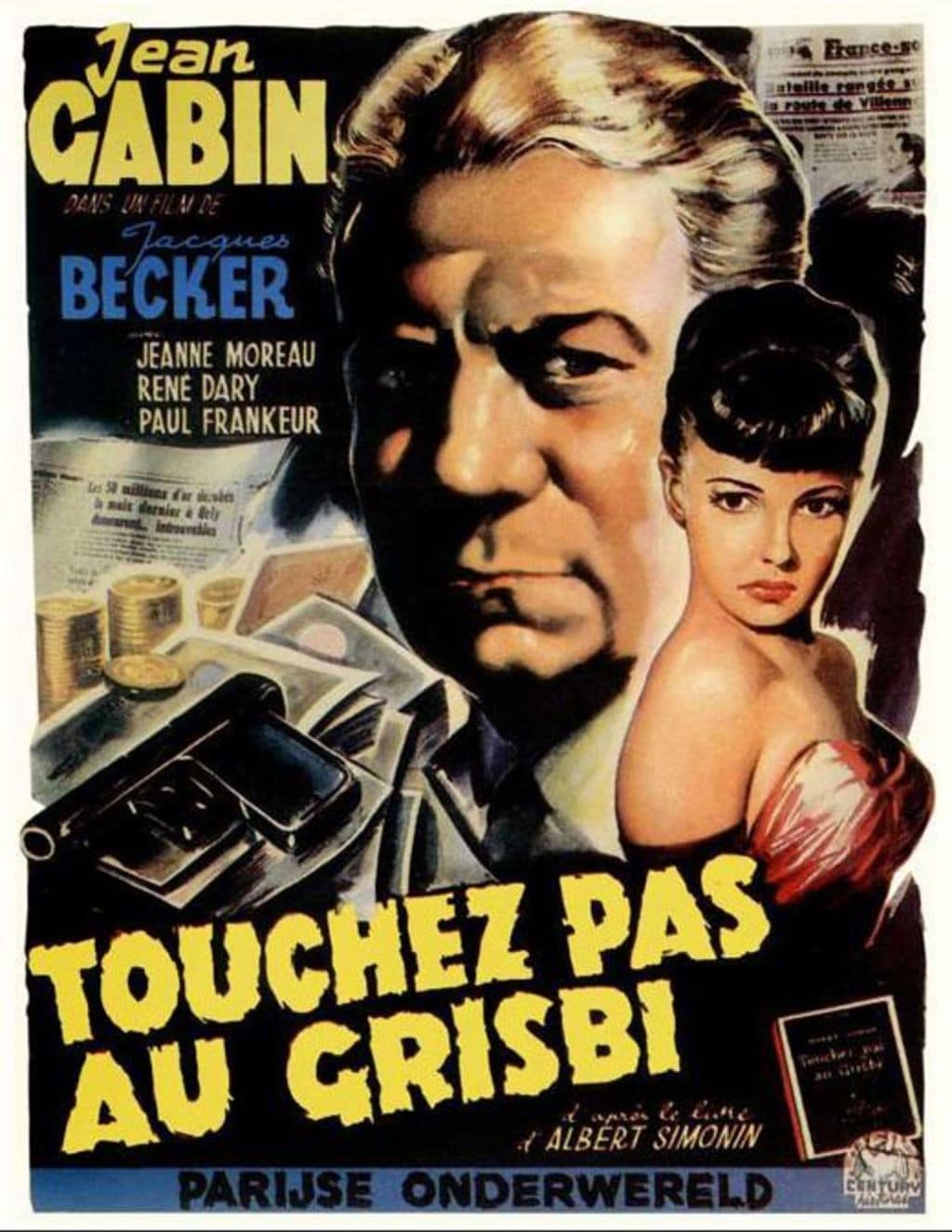
Don't Touch the Loot
1954
Rate this movie
Average: 0.00 / 5
(0 votes)
Director
Jacques Becker was a highly influential director in the history of French cinema. Growing up in the shadow of a giant such as Jean Renoir, whom he assisted for almost a decade, he learned the tricks of the trade from him, using them to develop a highly original style: a dry, essential language, with an almost documentary-like precision, which he shaped and adapted to each new narrative project. He was also a rather controversial figure in French cultural circles due to his intransigence and intellectual rigor, which often led him to criticize filmmakers and intellectuals of his time. He distanced himself from a sort of obsessive criticism and a stubborn yet ephemeral avant-garde quest, essentially from that fervent movement of minds that later blossomed into the Nouvelle Vague. Yet, in an exquisitely French paradox, filmmakers such as François Truffaut and Jean-Luc Godard, influential exponents of that movement, saw Becker as a model to be paradoxically inspired by. They admired him as an “auteur” who, like their American idols Howard Hawks and Nicholas Ray, managed to infuse popular genres with a personal and profound vision. With Grisbì (original title Touchez pas au grisbi, 1954), Becker laid the foundations for a European reworking of the noir myth that was sweeping overseas in the novels of Hammett and Chandler and the films of Lang and Wilder, in what was immediately dubbed Mediterranean Noir. Becker's noir is a sort of desertification of the American canvas, an operation in which Becker strips the genre of all its trappings to arrive at a disturbing minimalism that gives the narrative a more realistic, more weary, more human approach.
The plot, based on a novel by Albert Simonin, is deceptively simple. Max (the legendary Jean Gabin) is a middle-aged gangster, respected and feared in the Parisian underworld, who wants to retire after pulling off the last big job of his career: a robbery at Orly airport that netted him 50 million francs in gold bars. A lover of beautiful women, good food, and elegant clothes, Max is also a shrewd professional who knows how to get around and when to stop. His only mistake, his fatal weakness, is perhaps that of choosing as his friend and lifelong partner the unreliable Riton, a weak man infatuated with Josie, a young showgirl who betrays him with the rival gangster on the rise, Angelo. Angelo learns from Josie about the “Grisbì” (the slang name used by the Parisian underworld for loot) that Max and Riton have got their hands on and decides to try to get hold of it. He kidnaps Riton and blackmails Max for the gold. Max, the man who only wanted peace, finds himself having to choose between his friend and his lifelong dream, forced to return to a violent game he had already left behind. Becker's most radical narrative choice is that the robbery, the central element of every film of this genre, takes place before the film begins. We are not interested in the action, but in its consequences, the tired and tedious handling of the loot.
This is where the greatness of the film and its profound originality lie. It is a work about tiredness, about old age in a profession that does not contemplate it. Max is the antithesis of the energetic, psychopathic gangster embodied by Cagney. He is a man who complains about rheumatism and wants nothing more than to return to his secret apartment in the evening to put on his pajamas. It is a film where you can breathe the air of the night, with its smells, its lights, its teeming humanity. The character of Max is perfectly embodied in the wrinkled face of Jean Gabin, who seems to share with Max the moral purity and professional maturity of a man who does not accept compromises. Gabin's performance is a resurrection. After being the icon of poetic realism in the 1930s, his career had faded. This film reinvents his persona, creating the archetype of the mature, elegant, and disillusioned gangster who would influence generations of actors, from Lino Ventura to Jean-Paul Belmondo. He is a weary warrior who, after a life of conflict, wants to stop at any cost and retire to the quiet of a buen retiro. The most revolutionary scene in the film is perhaps the most anti-dramatic. After a night out, Max and Riton return to Max's apartment. For almost ten minutes, we watch them perform gestures of disarming banality: they change, put on their pajamas, Max rubs cream on his face, prepares a snack. It is the famous “pajama scene,” a moment of pure realism that humanizes these criminals as never before. They are not myths, they are tired men. The scene in which Max, understanding Angelo's intentions, takes Riton aside to inform him of his rival's plans, offering his friend foie gras and champagne, while the camera lingers on the detail of the knife voluptuously sinking into the foie gras, a gesture that combines luxury and a subtle, implicit violence, is also wonderful.
This style, this focus on professionalism, rituals, and existential melancholy, makes Becker the spiritual father of the greatest author of French polar, Jean-Pierre Melville. Melville's cinema, with its laconic gangsters and almost abstract codes of honor, as in Frank Costello, Angel Face or The Nameless, is an almost metaphysical distillation of themes that Becker had already explored with a more down-to-earth and realistic approach. If Becker is the prose writer, Melville is the poet. Ultimately, Grisbì is not just a film about a robbery gone wrong. It is a profound and melancholic work about loyalty, male friendship, and the end of an era. The original title is a warning: “Don't touch the grisbi.” But the film shows us that the real, untouchable treasure is not the gold bars, but the dream of a peaceful old age, of a loyalty that stands the test of time. And in the fatalistic world of noir, that is the only treasure that is always, inevitably, violated. The ending, with Max walking alone in the Parisian night, rich but deprived of everything that mattered, is the perfect seal on this weary and unforgettable masterpiece.
Gallery
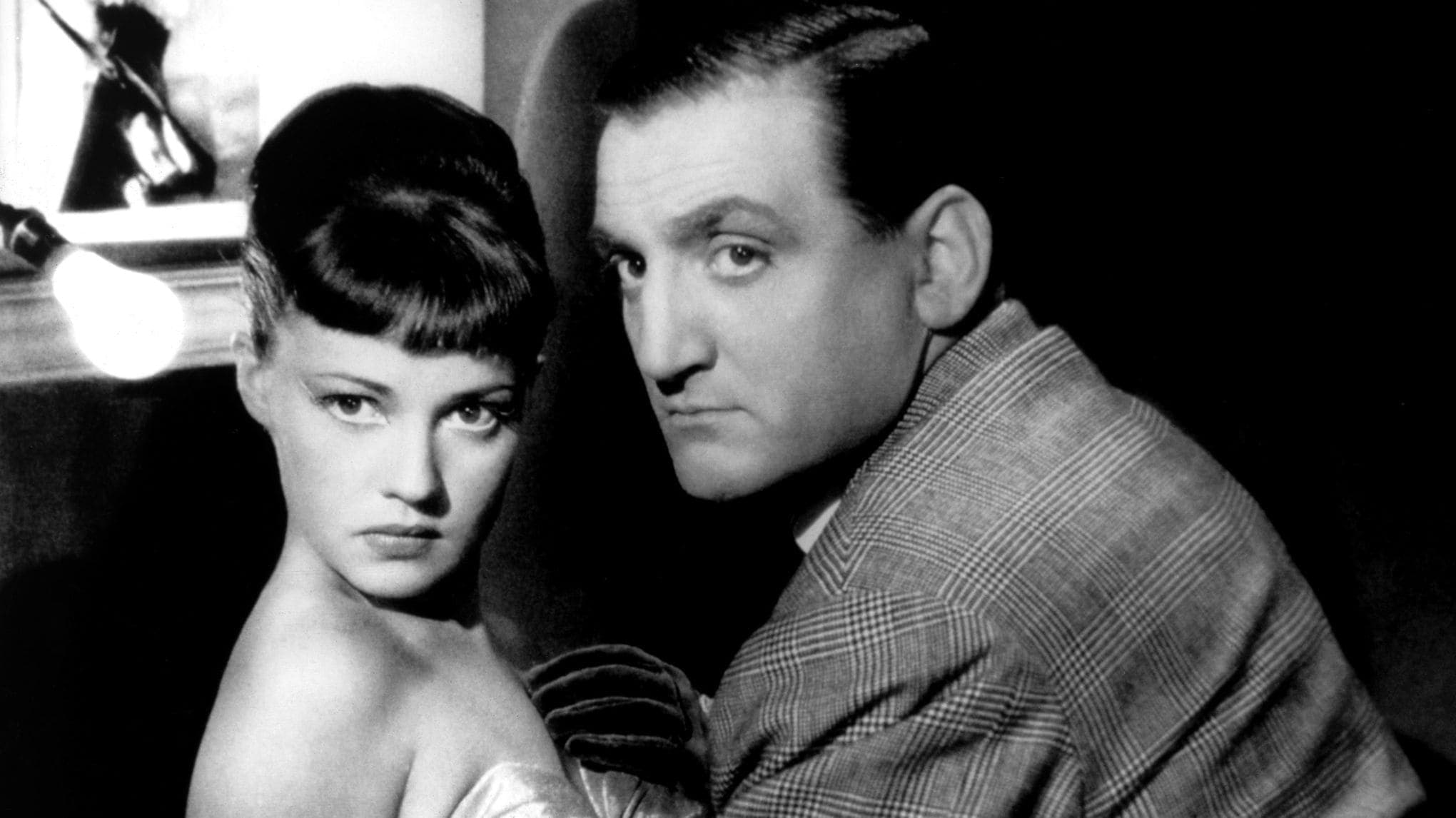
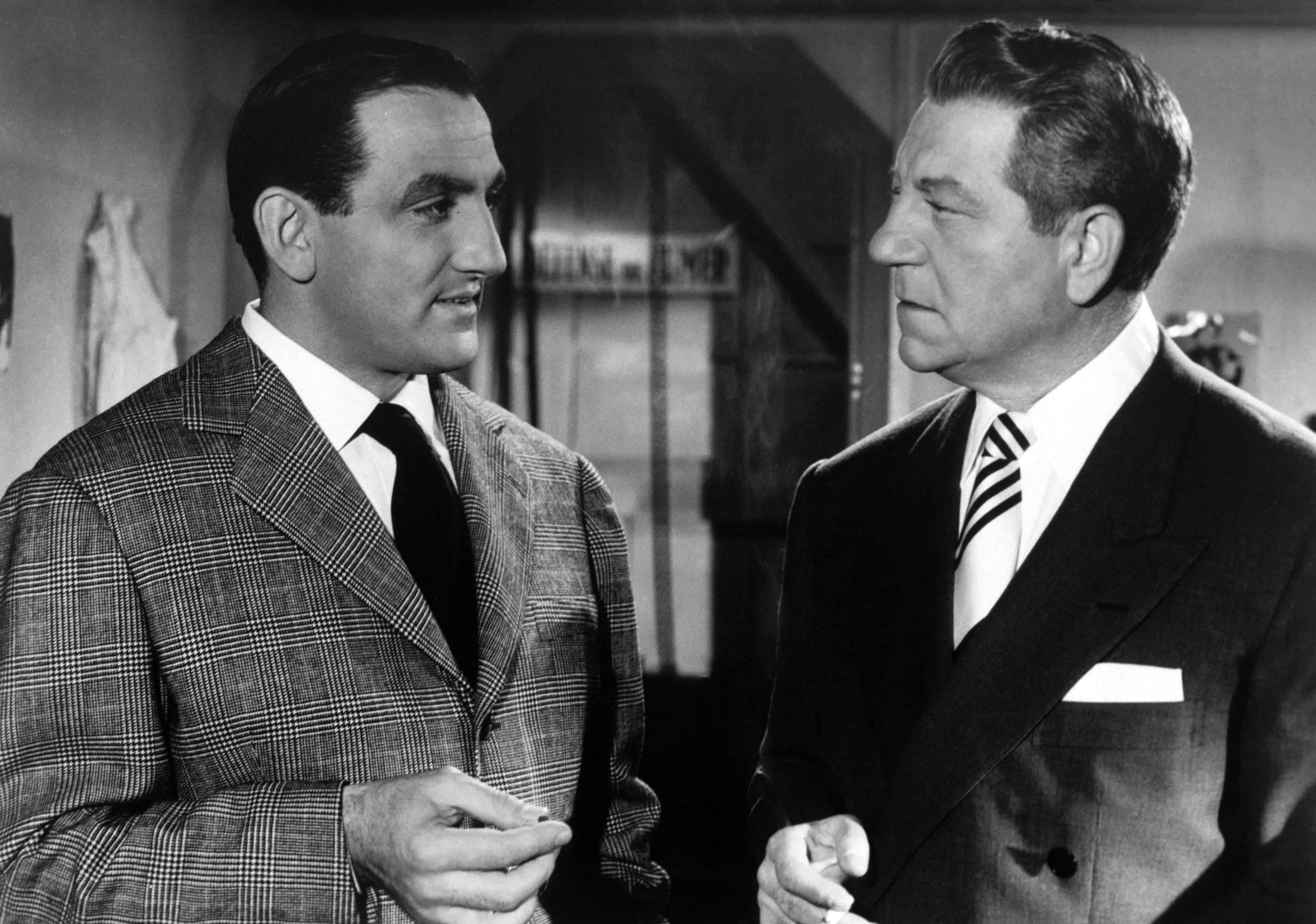
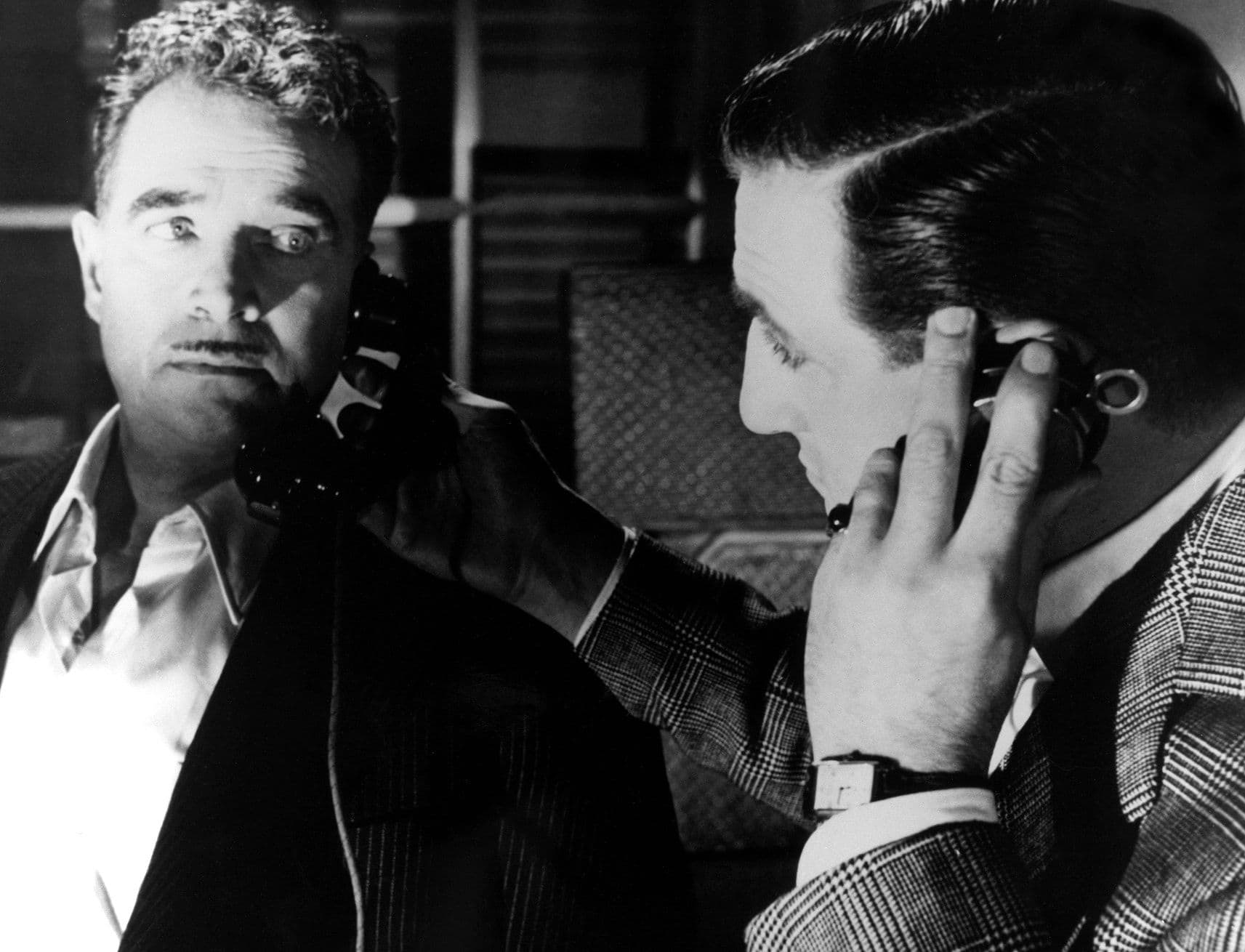


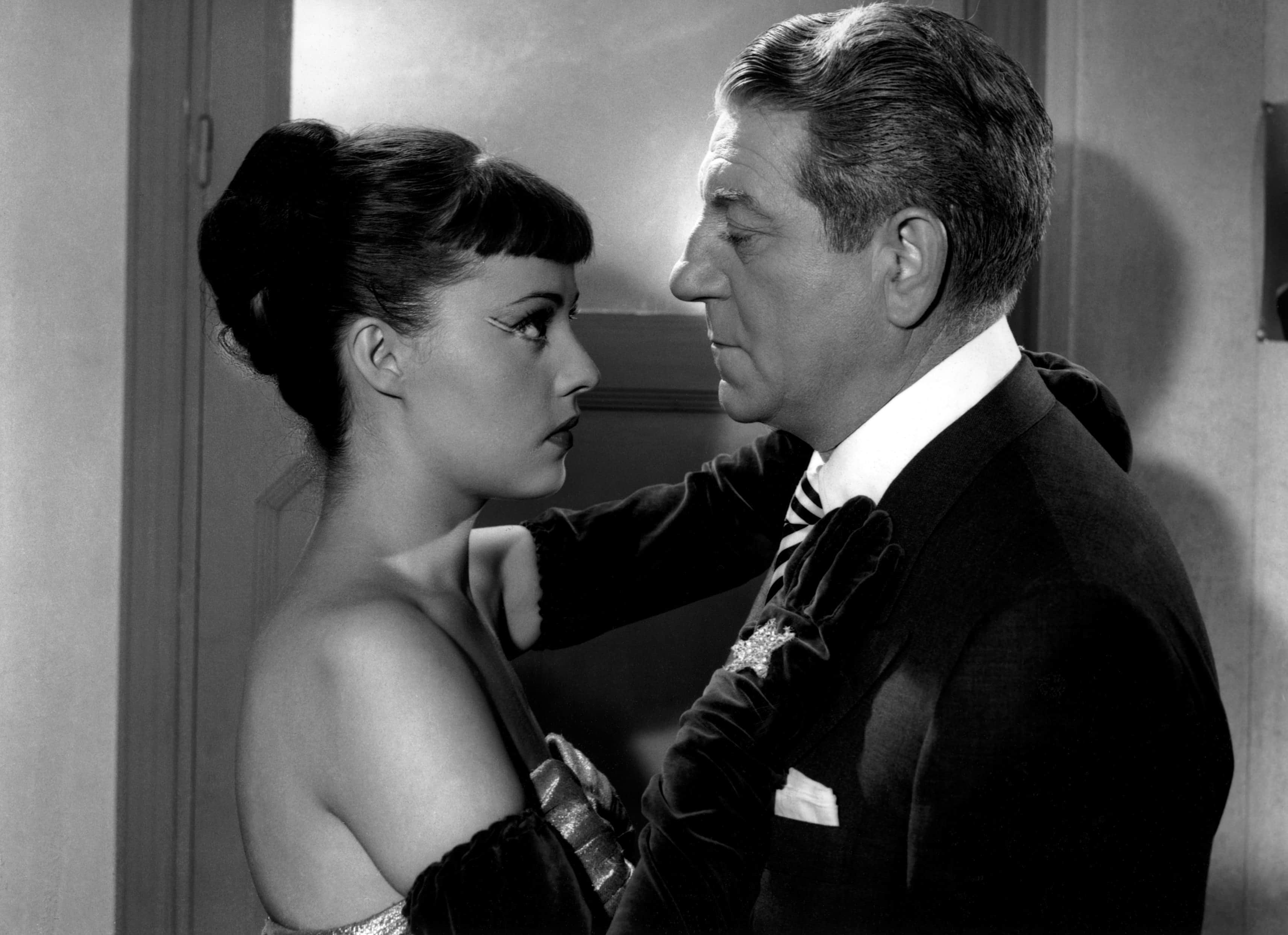
Featured Videos
Trailer
Comments
Loading comments...